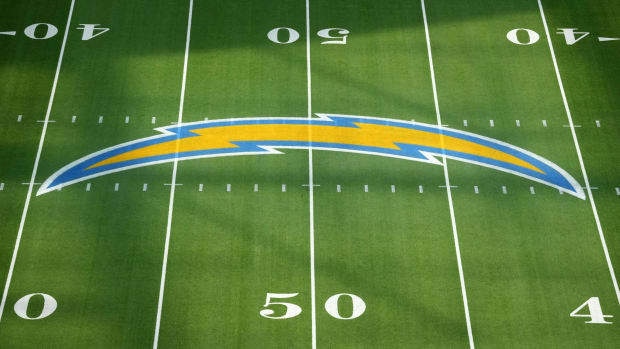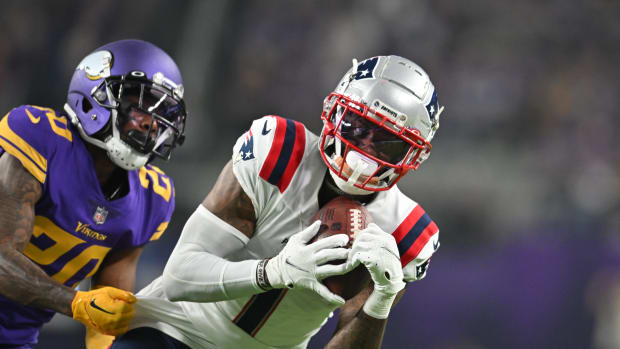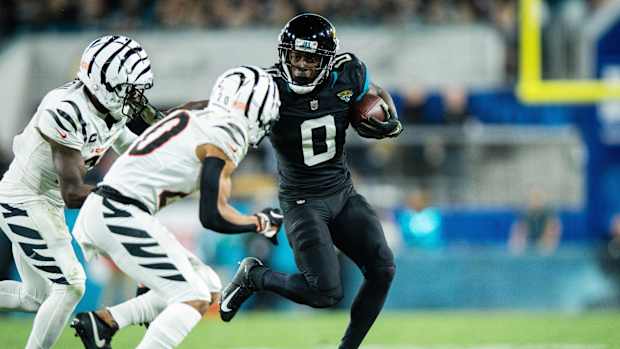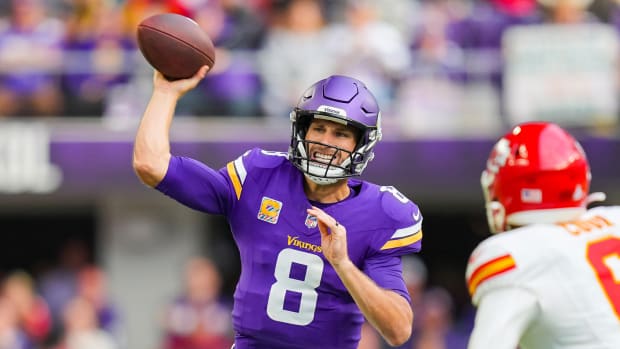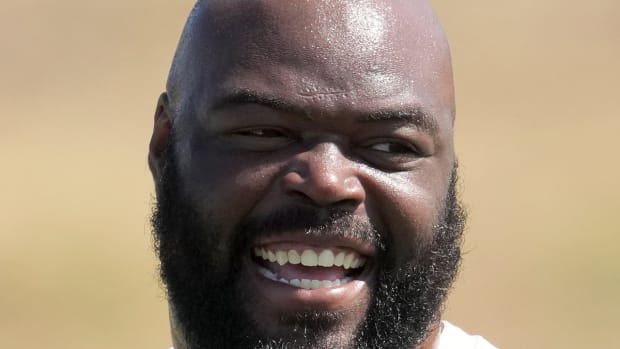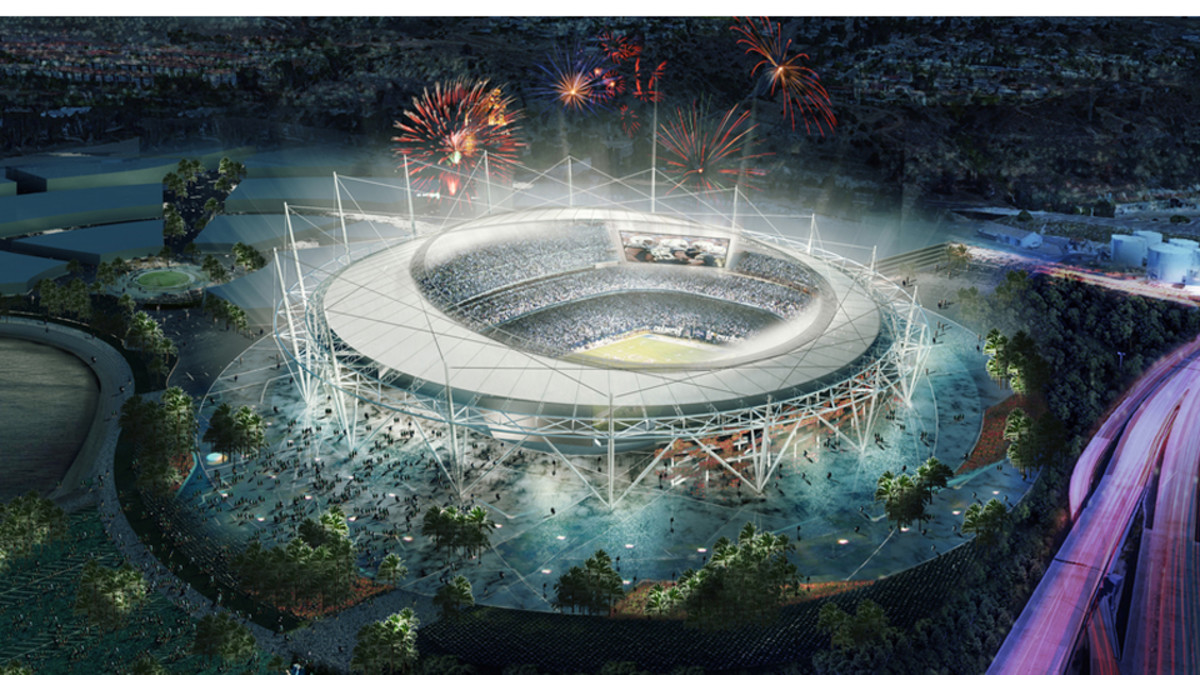
San Diego mayor criticizes Chargers over handling of stadium vote
San Diego mayor Kevin Faulconer sharply criticized the Chargers' handling of stadium negotiations on Wednesday, accusing the team of negotiating in bad faith and trying to move to Los Angeles.
On Tuesday, the Chargers said a proposed Dec. 15 public vote on a new stadium in San Diego was not feasible due to environmental concerns. The Chargers are trying to replace Qualcomm Stadium, which opened in 1967.
But Faulconer later released a joint statement with city attorney Jan Goldsmith and county supervisor Ron Roberts saying environmental issues could be overcome.
“At the urging of the NFL and the Chargers, we have presented the team with multiple legally defensible options that fully comply with state environment law and would conclude with a public vote this year on a new stadium,” the statement read.
"For the first time in seven months of incredibly hard work from the City, County, and the CSAG, the Chargers did something honest - walk away from the table," a political consultant for Faulconer, Jason Rose, said Wednesday in a separate statement.
An attorney for the Chargers criticized the city's assessment of the environmental ramifications of a proposed stadium project.
"The Chargers will never be part of the city's legally dubious effort to deal with the California Environmental Quality Act," team counsel Mark Fabiani said.
"City officials are of course free to drive themselves off of the cliff into legal oblivion with a half-baked Environmental Impact Report, but the team has no intention of hitching itself to the City's misguided, doomed scheme."
The proposed stadium would cost $1.4 billion. The Chargers have also explored sharing a $1.7 billion joint stadium with the Oakland Raiders in Carson, Calif.
Faulconer’s financial plan for the stadium includes receiving $121 million each from county and city taxpayers and $225 million from selling city land at the current site of Qualcomm Stadium.
• LAWS: Cutler leads list of NFL's most overpaid players
- Stanley Kay
































